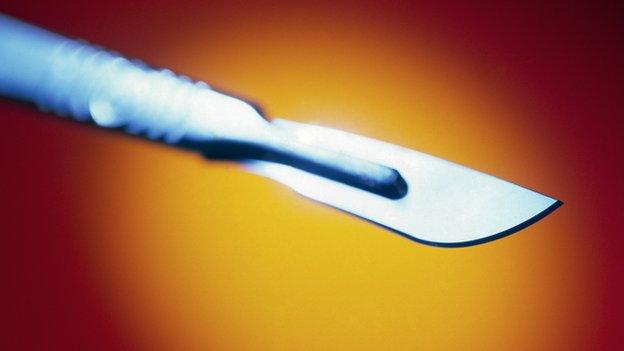Egypt FGM trial 'convicts doctor of manslaughter'
- Published
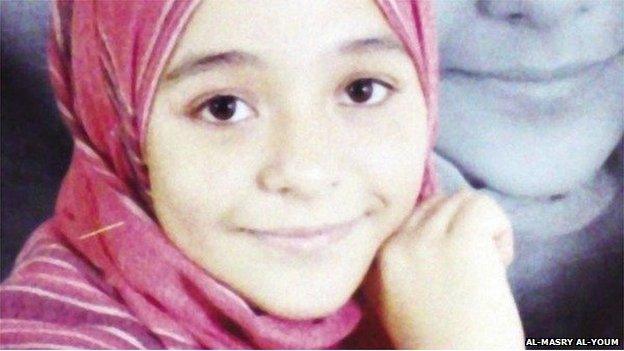
Suhair al-Bataa died after undergoing surgery in 2013
An Egyptian doctor has been convicted of the manslaughter of a girl who died after an illegal female genital mutilation procedure, activists say.
Opponents of FGM were dismayed when Raslan Fadl was acquitted in November of charges relating to the death of 13-year-old Suhair al-Bataa.
But after an appeal, a court in the Nile Delta city of Mansoura sentenced him to more than two years in prison.
The campaign group Equality Now called the ruling a "monumental victory".
Although FGM was banned in Egypt six years ago, it remains widespread.
'Extreme violence'
Suhair al-Bataa, who lived in small farming community on the outskirts of Mansoura, died in 2013.
Prosecutors argued that she was forced to undergo FGM by her father.
Fadl denied carrying out the procedure, saying he had only treated her for warts and that her death had been caused by an allergic reaction to penicillin.
Both he and Suhair's father were cleared of any wrongdoing at their initial trial. But prosecutors appealed against the verdict and on Monday it was overturned.
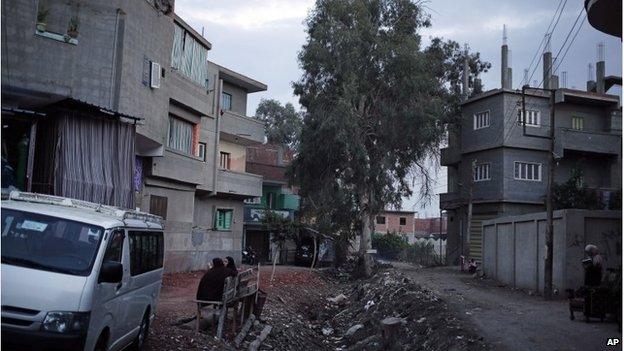
Suhair al-Bataa was operated on at a clinic in Aga, north-east of the capital, Cairo
Fadl was sentenced to two years in prison for manslaughter and three months for performing the FGM procedure, according to Equality Now. His clinic was also ordered to close for a year.
Suhair's father was meanwhile given a three-month suspended sentence.
The practice of FGM was banned in Egypt in 2008 but the country still has one of the highest rates of prevalence in the world.

Analysis: Orla Guerin, BBC News, Cairo
Activists say justice has finally been done for Suhair al-Bataa and a precedent has been set. "The new sentence will deter doctors from performing this dangerous practice," said Manal Fawzi, who campaigns against FGM in southern Egypt.
Maybe so, but it took a dogged campaign by local and international groups to ensure a prosecution was brought. The sentence was broadly welcomed but media interest has waned in the wait for the initial verdict, and the appeal result is not expected to garner too much attention.
So far, it has been reported on the websites of the main newspapers but the stories are brief. There has been no coverage so far by the state agency.
In many areas, doctors and untrained backstreet practitioners continue to flout the law banning FGM, though many tend to keep a low profile. Last year one told us she was carrying out three procedures a week and had a waiting list. She admitted that four people had to restrain each girl, who screamed throughout.
Campaigners say that ending the mutilation of young girls is also dependent on persuading families to abandon a long-held tradition, which many believe - wrongly - is a religious duty.

More than 90% of girls and women aged between 15 and 59 in the country have undergone the procedure, according to UN estimates.
Typically it is carried out on girls aged between nine and 13 but there are victims as young as six, anti-FGM campaigners say.
The case against Fadl was the first time a prosecution relating to FGM had been brought to trial.
Suad Abu-Dayyeh, a spokeswoman for Equality Now, called Monday's sentencing "a monumental victory for women and girls in Egypt".
"The country has shown that it will implement its laws and we hope that this is the first step towards ending this extreme form of violence against women once and for all," she said.
The number of girls who have died following FGM is unclear, as deaths are commonly recorded as haemorrhages or allergic reactions to antibiotics.
- Published23 October 2014
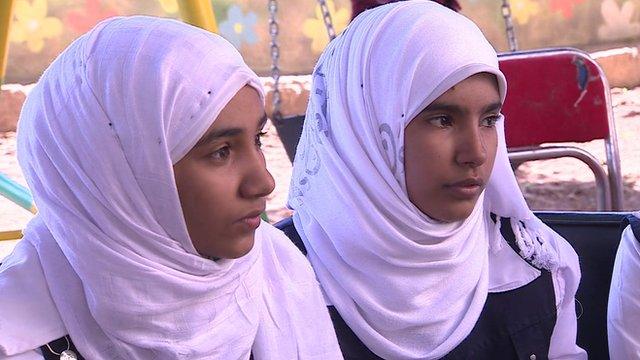
- Published12 May 2014
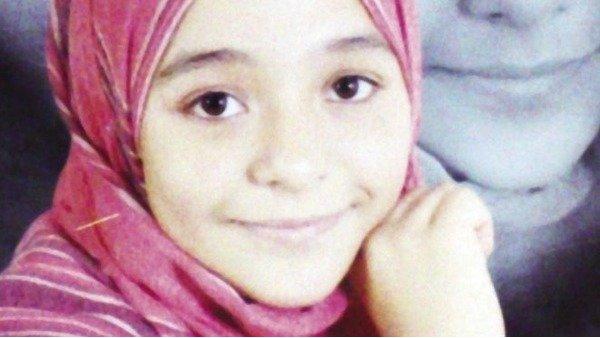
- Published22 July 2014
